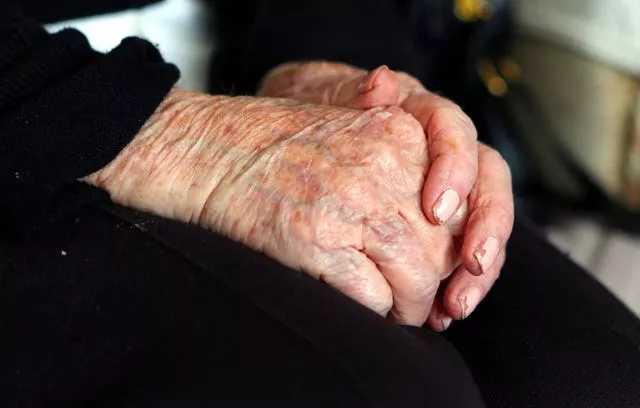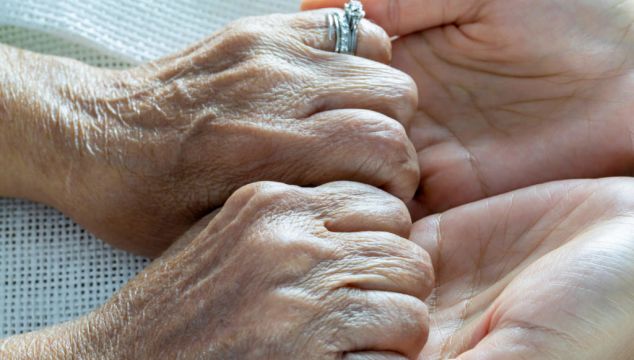The quarter of 17-year-olds who regularly care for a relative get poorer Leaving Certificate grades and are less likely to go on to higher education, new research shows.
The report, published by the Economic and Social Research Institute (ESRI), draws on data from the Growing Up In Ireland (GUI) longitudinal study, comparing young adult caregivers at 17 and 20-years-old.
The paper adopts a broad definition of care, including regular care given to parents, grandparents, siblings and others, not just those with an illness or disability.
It examines the profiles of young people providing care at these ages, the factors predicting involvement in care, and sheds light on the impact of caregiving on educational pathways for these young caregivers.

The report shows 25 per cent of 17-year-olds are engaged in regular caregiving but the proportion providing care falls to a fifth by the age of 20.
The main care recipients are younger siblings and grandparents or other older relatives. More than half of young caregivers care for multiple people.
The report shows that in most cases, young people say caregiving does not take very much of their time, with 13 per cent saying it takes up a lot or quite a lot of their time.
Those looking after parents or grandparents spend more time on caregiving.
Those engaged in caregiving are a very diverse group. The strongest predictor of care involvement is the number of younger siblings in the family.
The 17-year-olds from advantaged families were less likely to be involved in caregiving. However, income did not alter the likelihood of being a caregiver at the age of 20.
There are no significant gender differences at age 17 but at age 20, young men are more likely to be involved in caregiving than young women.
The report, according to the ESRI, shows that those involved in caregiving at 17 tend to get lower Leaving Certificate grades than those who do not care for someone. This is particularly the case if they are caring for multiple family members.
Lower grades as a result of caregiving have implications for progression to higher education, according to the report.
Young carers are less likely to make this transition and when they do, they are more constrained in their institution choices, placing a strong emphasis on being able to live at home during their studies.
There is little evidence of a systematic relationship between caregiving and physical health or mental wellbeing. However, more intensive care involvement was related to higher rates of obesity and poorer self-reported health.
Having a mother with depression was linked to poorer wellbeing among young adults, regardless of whether they reported providing care to them or not.
Caring for siblings or parents was associated with more positive relationships with family members. However, fighting between mothers and young adults appeared to be related to caring for younger siblings.
The report went on to say that support for early years provision and a statutory home care scheme would likely benefit young adult carers as well as parents and care recipients.
Educational supports such as the School Completion Programme, if expanded to include carers as an explicit target group, have the potential to address the educational disadvantages revealed by the report findings.
Expanding access to family-focused mental health services may be one way to draw attention to the situation of young adult children with parents struggling with depression, it also found.
Dr Helen Russell, a co-author of the report, said: “Informal caregiving is an essential element of human society, but is often invisible. This is especially true for care provided by young people.
“This study highlights the important role that care provided by young people for their siblings, grandparents and others plays in family lives.”
Dr Emer Smyth, a co-author of the report, said: “The report findings indicate the poorer educational outcomes found among young carers and highlight the need to provide supports for this group of young people.
“Home-School-Community-Liaison Coordinators and provision through the School Completion Programme could help young carers access the learning and socio-emotional supports they need.
“Higher education access processes should also recognise young carers as a group.”







